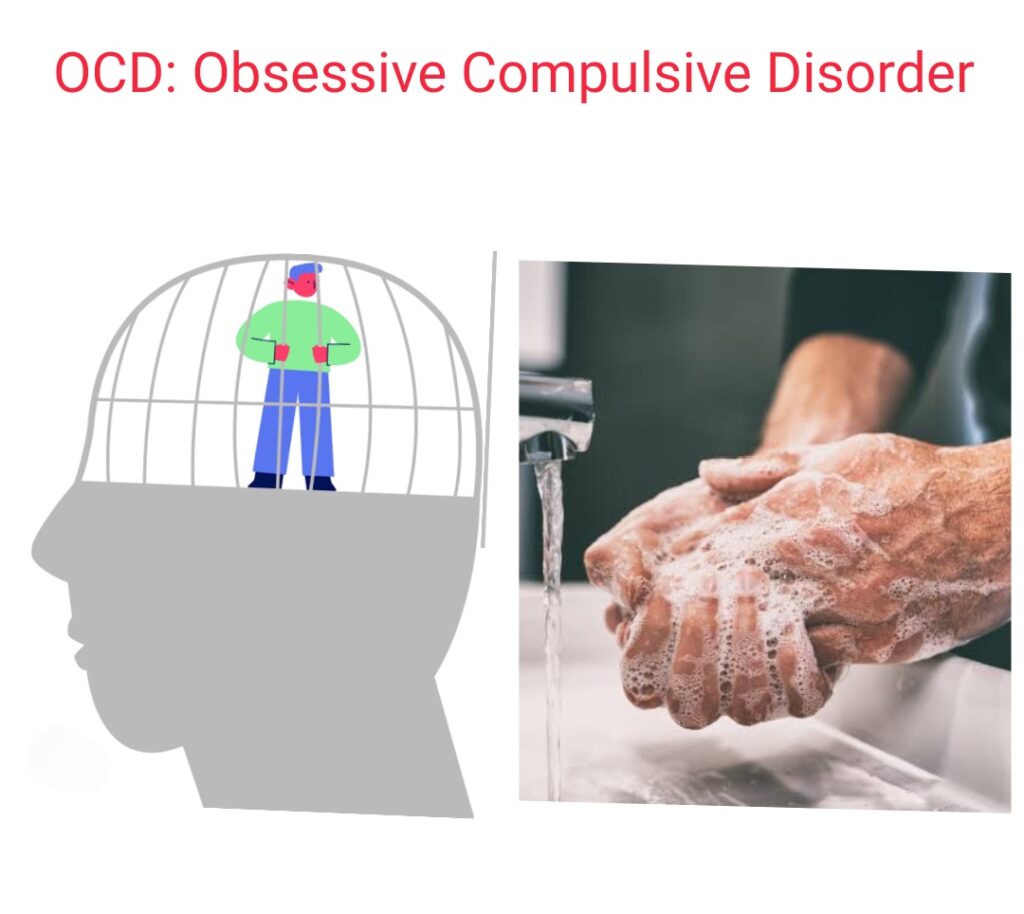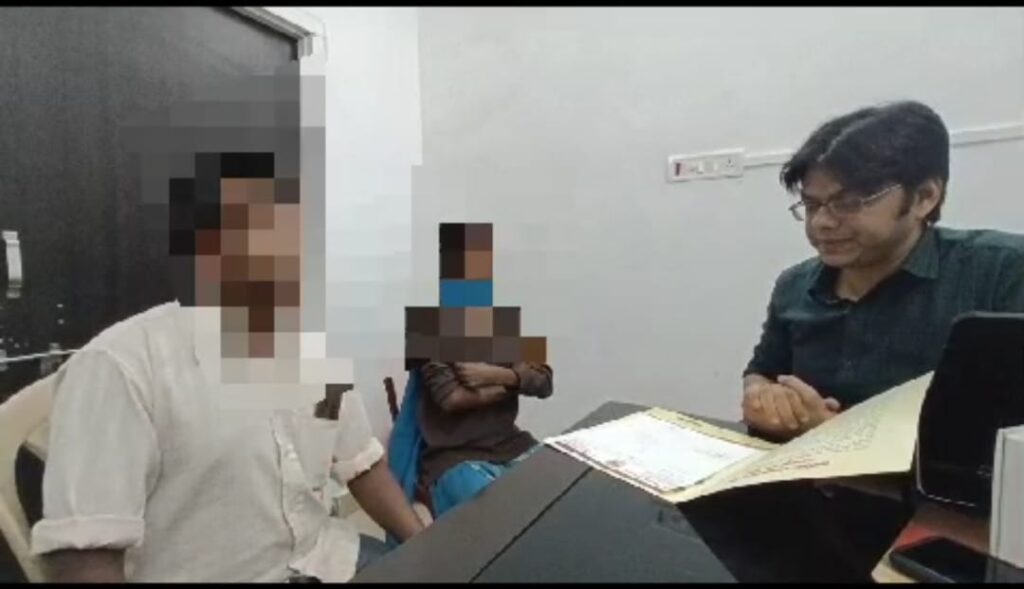
Do you find yourself caught in a never-ending cycle of unwanted thoughts, urges, or images that trigger intense anxiety, prompting you to perform repetitive rituals or behaviors to alleviate the distress? You’re not alone.
Obsessive-Compulsive Disorder (OCD) affects millions of people worldwide, impacting their daily lives, relationships, and overall well-being.
What is Obsessive-Compulsive Disorder (OCD)?
OCD is a mental health condition characterized by recurring, intrusive thoughts (obsessions) that trigger intense anxiety, prompting repetitive behaviors (compulsions) aimed at reducing the distress.
🔥Common Symptoms of OCD:A: Obsessions: Recurring, intrusive thoughts, urges, or images, such as:
👉 Fear of contamination or germs 👉 Fear of harm to oneself or others 👉 Unwanted, disturbing, or violent thoughts 👉 Need for symmetry or exactness
B: Compulsions: Repetitive behaviors aimed at reducing anxiety, such as:
👉 Excessive cleaning or handwashing👉 Checking locks, appliances, or switches repeatedly 👉 Counting, tapping, or repeating certain words or phrases 👉 Arranging objects in a specific way
🔥Causes and Risk Factors:While the exact cause of OCD is unknown, research suggests that it may be linked to: ➡️ Genetics: Family history of OCD or other anxiety disorders ➡️ Brain structure and function: Abnormalities in brain regions responsible for emotional regulation and impulse control ➡️ Environmental factors: Traumatic events, stress, or significant changes
🔥Diagnosis and Treatment:Diagnosing OCD involves a comprehensive evaluation by a mental health professional.
🔥Treatment options include:
✅ Cognitive-Behavioral Therapy (CBT): Helps individuals identify and challenge negative thought patterns and behaviors ✅Exposure and Response Prevention (ERP): A type of CBT that involves gradually exposing individuals to situations that trigger obsessions, while preventing compulsive behaviors ✅ Medications: Selective serotonin reuptake inhibitors (SSRIs) or other medications may be prescribed to help manage OCD symptoms
🔥Coping with OCD:While OCD can be challenging, there are ways to manage symptoms and improve quality of life:
🧑⚕️Seek professional help: Consult to Chief Psychiatrist Dr Anoop Srivastava MD (Gold Medalist), MIPS at New Colony Deoria. Dr Anoop Srivastava is one of the best Psychiatrist in Deoria, Kushinagar and Districts of Gorakhpur Division. Here you will get comprehensive treatment of all mental disorders. Dr Anoop Srivastava has huge experience of treating mental disorders like OCD. He gives most suitable medicines along with Psychotherapy and behavioral modifications to treat OCD in order get maximum benefit to the patient.
🏃Self-care: Engage in activities that bring you joy and help you relax, such as exercise, meditation, or hobbies
🧑🏫Education: Learn about OCD, its symptoms, and treatment options to better understand your condition
❌ Breaking Free from the Cycle: OCD may seem overwhelming, but with the right treatment and support, it is possible to manage symptoms and live a fulfilling life. Remember, you are not alone, and there is hope for a brighter, more balanced tomorrow.Share your experiences, ask questions, or offer support in the comments below.




